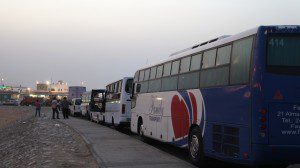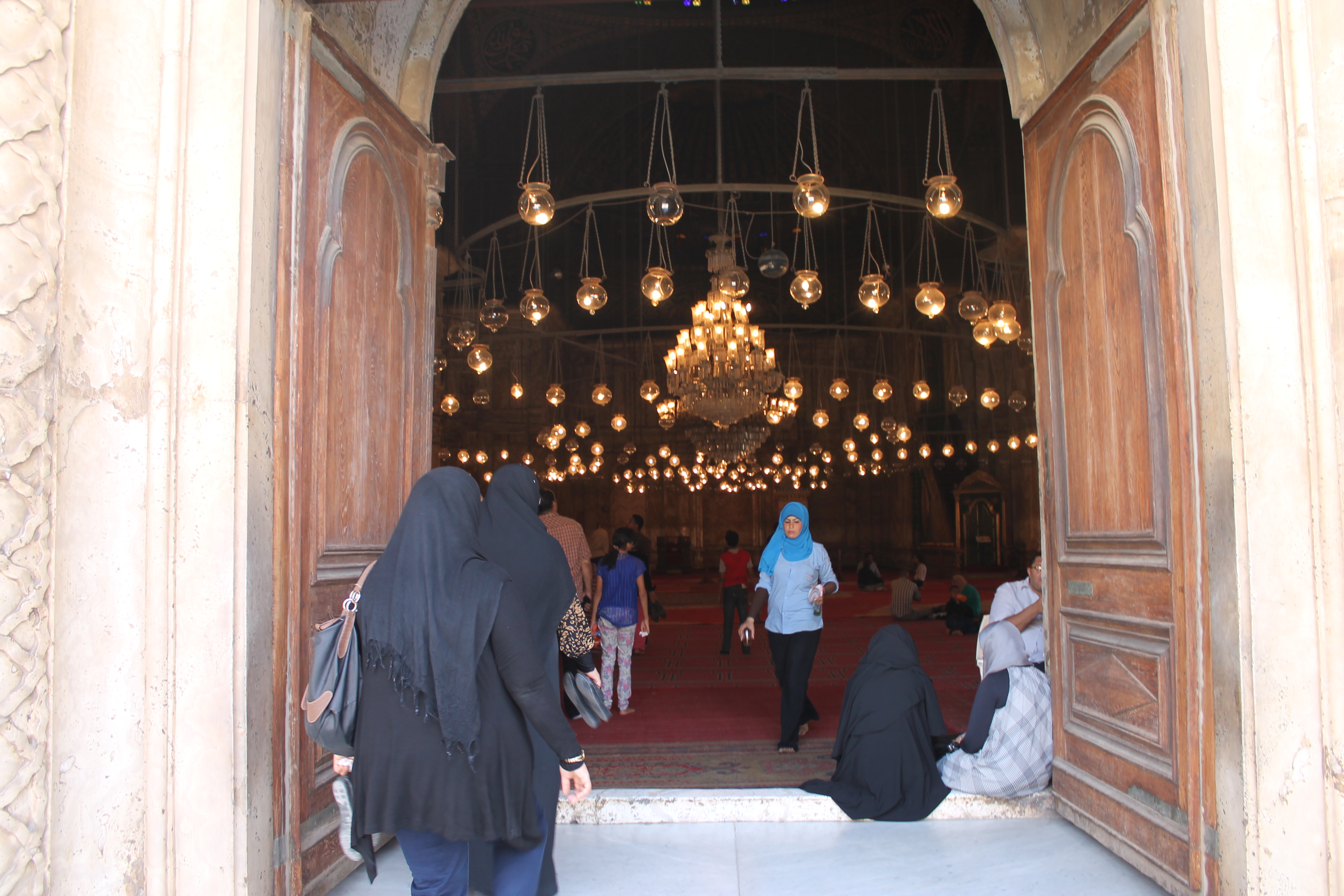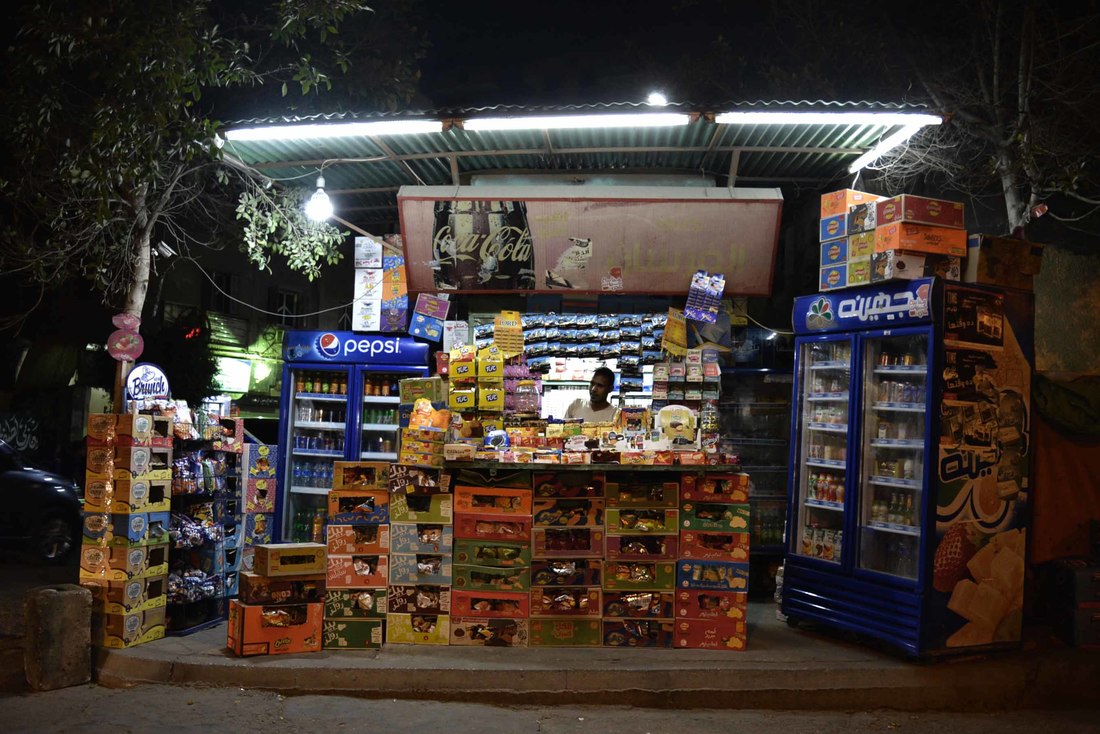Students unaccommodated by bus schedule

BY DINA MOSSAAD
Many students have voiced concerns with regards to the university’s current bus schedule, explaining that the time at which buses depart conflicts with their schedules.
“I feel like the bus schedule is best fitted with the staff and faculty’s schedule rather than the student’s,” said Hala El Refaie, a mechanical engineering junior.
She added that it is very exhausting to wait for the 4:15 p.m. bus and reach her destination by 7 p.m. after missing the one before assembly hour just because are no time slots in between and by the time students walk from class to the bus gate, the bus is no longer on campus.
Mamdouh Gaber, the university’s transportation manager, explained that every semester, the transportation committee receives student and faculty schedules from the registrar, studies them and sets the bus schedule accordingly.
On the other hand, many students complain about the existence of a bus at 3 p.m. when undergraduate classes end at 3:15 p.m.
Hania Karim, a marketing junior, explained that because the buses leave 15 minutes before the end of her class, she has to wait for an hour in order to go home.
“It’s a waste of time; most students have classes that end at 3:15, so why can’t that bus be rescheduled to accommodate our schedules?” Karim said.
Gaber told the Caravan that 32 buses are offered for the 4:15 p.m. and 5:15 p.m. buses alone.
“If they have so many buses that leave campus during that time frame, why can’t they take some of them and place them in a 3:30 p.m. slot?” said Ali Hassan, an accounting senior.
Some students also expressed their dissatisfaction with regards to drop-off points; they have to take another form of transportation in order to reach their final destinations.
“I take the R15 bus going to AL-Moqattam and the drop-off points there are good, however, my bus also stops in New Cairo, which [is inconvenient] sometimes when I am in a rush,” said Taghreed Soliman, an architecture junior.
Gaber explained that they choose drop-off points that could help a whole area, the location that is most suitable to the majority of people using a given route.
In order to expect the traffic conditions, Gaber explained that they use mobile phone applications that offer updates on the status of traffic such as Zelo, Wasalni and Bey2olak that inform them whether the roads are blocked or if there are any protests.
“These programs help us arrive faster and safer to the meeting points,” he said.



